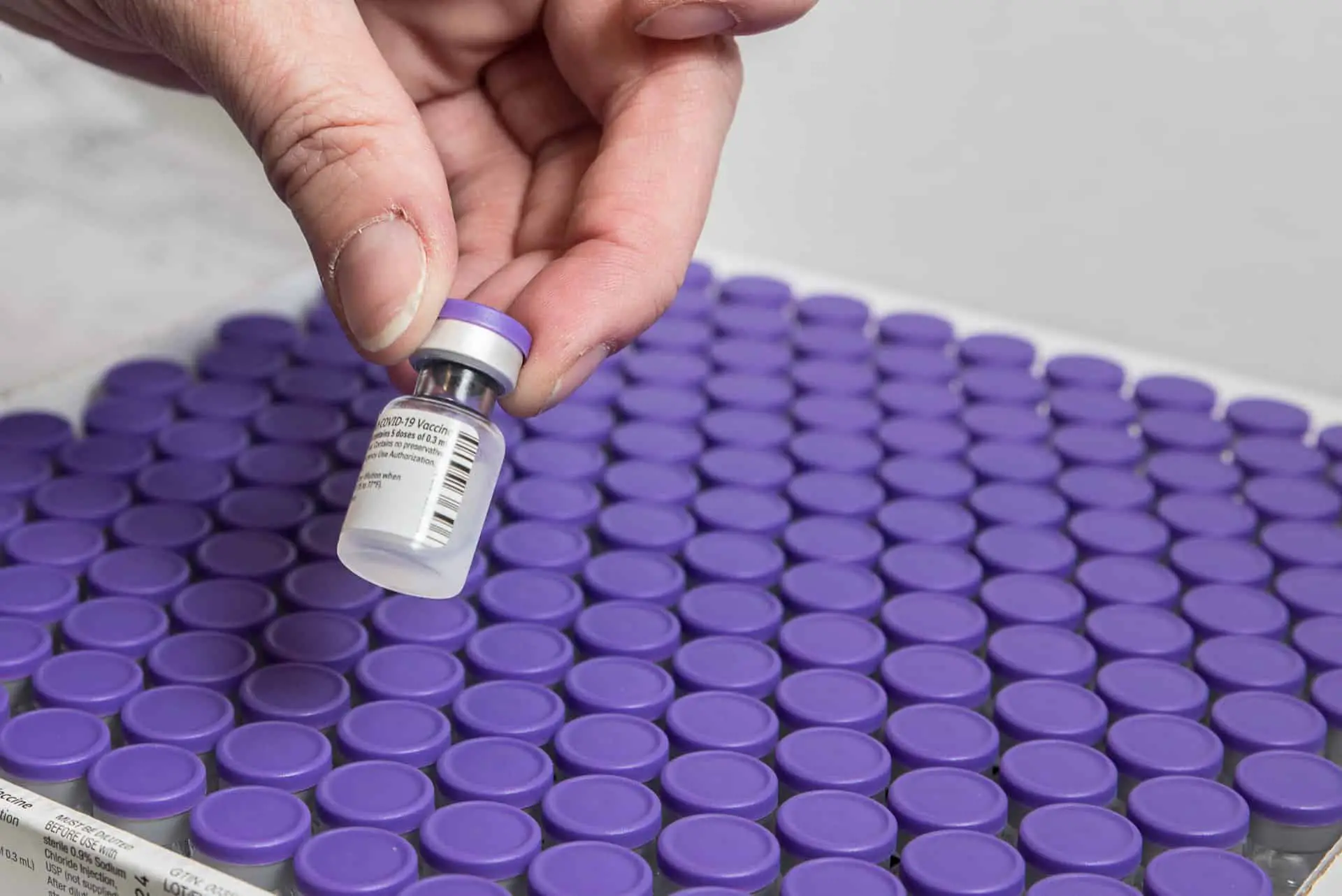The rollout of the annual flu jab and Covid-19 booster vaccination has been pushed forward a month on the Isle of Wight.
Vaccinations will now be available from Monday, 11th September, after a new coronavirus variant has emerged and is becoming more prominent.
Health bodies are warning the variant is the most concerning since Omicron was first detected at the end of 2021.
Where it is possible, both flu and Covid booster jabs will be given at the same time.
Brought forward as a precautionary measure
The NHS had initially announced vaccinations would start later in October, but as a precautionary measure to protect the most vulnerable from illness, it has made the jabs available sooner.
Earlier this week, Dr Michele Legg, Island GP and a clinical director on the Hampshire and Isle of Wight Integrated Care Board, said the Island is seeing an increase in Covid cases and health bodies were expecting to see greater levels of Covid this winter, than last year.
She advised those eligible to come forward for vaccination as it was the best way to prevent cases and stop the spread of infection.
Who is eligible?
Those eligible for the vaccinations remain unchanged – those in clinical risk groups and people aged over 65, as well as frontline health and social care workers.
The Island’s director of public health, Simon Bryant also said the flu vaccine was also important for two to three-year-olds as well.
Adult care home residents, housebound individuals and those most at risk will receive vaccines first, Mr Bryant said.
National booking system
From 18th September, the national booking system will become available for people to book a Covid-19 vaccine online or they can be booked through the NHS App or by calling the Covid number 119.
The aim, Mr Bryant said, is to get as many people vaccinated as possible by the end of March although the vaccination programme will run into the new year.
The UK Health Security Agency has said while the new variant is not yet classified as a concern, speeding up the winter vaccine programmes would deliver greater protection and reduce the potential impact on the NHS.
This article is from the BBC’s LDRS (Local Democracy Reporter Service) scheme, which News OnTheWight is taking part in. Some alterations and additions may have been made by OnTheWight. Ed





